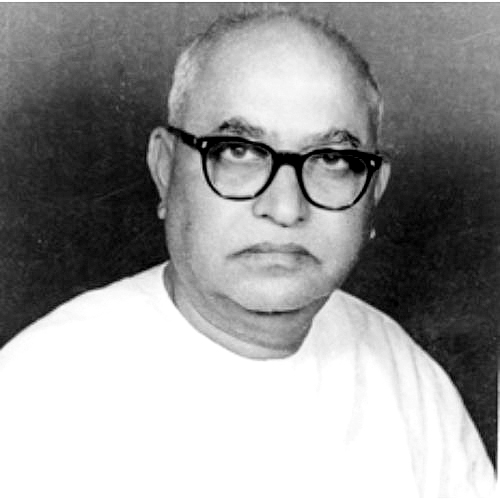Like or dislike what he stood for, S. Nijalingappa is a part of the political history of India.
1969 was a momentous year for the Congress Party, for it was then that the Congress split into Congress (Ruling) and Congress (Organisation). The split was as a consequence of Prime Minister Indira Priyadarshini Gandhi rebelling against efforts by the Congress organisation (as distinct from the Congress in government) to have, if not control a major say in her decisions
The Khalsa was a valorous organisation set up by the Guru, which is why the fringe who have fallen prey to the lures of the ISI should never be referred to as Khalistanis but as the K Group. The film on the Emergency directed by Kangana Ranaut may have its strong and weak points, but barring exceptional circumstances such as fanning hate, censorship ought not to be attempted. In any case, Indira Gandhi herself scrapped the Emergency and went in for elections which were obviously free and fair. She accepted the outcome with grace, and it did not take more than a few years before the Janata Party fell apart together with the Morarji Desai government. Its demise was on account of the desire of some Janata Party leaders to replace Morarji as PM, an objective that was briefly achieved by Choudhury Charan Singh, a formidable leader of the valorous Jat community. Indira Gandhi returned to power in 1980, only to suffer the loss of her son Sanjay soon afterwards in circumstances which remain obscure. She chose her only surviving son Rajiv as her political heir. In 1984, he became Prime Minister on the assassination of his mother, and won a substantial majority in polls held in the grip of the sympathy wave for Rajiv and the Congress Party which followed her death. On 21 May 1991, Rajiv himself was killed by an LTTE suicide bomber. After the 1991 polls, a Congress government under P.V. Narasimha Rao was sworn in, in which economic reforms were finally ushered in such that rates of growth jumped.
Not that this stopped Rajiv’s spouse and heir Sonia from splitting the Congress Party, thereby ensuring the defeat of the party in the 1991 polls and the BJP emerging as the single largest party in the Lok Sabha. Soon afterwards, a BJP-led government under A.B. Vajpayee came to power, but was defeated in 2004 by a coalition headed by the Congress Party.
In 2014, Narendra Modi led the BJP to victory in the Lok Sabha polls, and won a third term as Prime Minister in the 2024 Lok Sabha polls. Finally, the avalanche of political fortunes triggered by Indira Gandhi versus Nijalingappa in 1969 was halted in 2014, a situation which continued in 2019 and again in 2024, when a stable government once again led by Narendra Modi was formed. Like or dislike what he stood for, S. Nijalingappa is a part of the political history of India, and it is good that Karnataka Deputy Chief Minister D.K.
Shivakumar has recognized this by the state buying the ancestral home of the former AICC President to convert it into a memorial for Siddavanahalli Nijalingappa.

